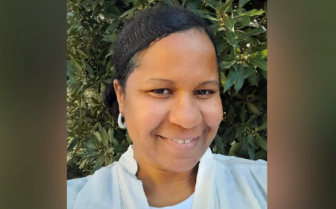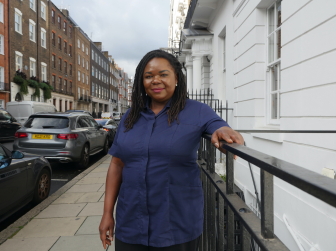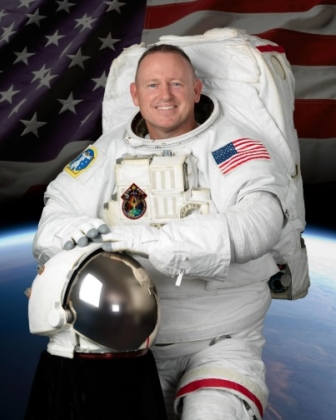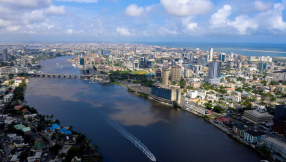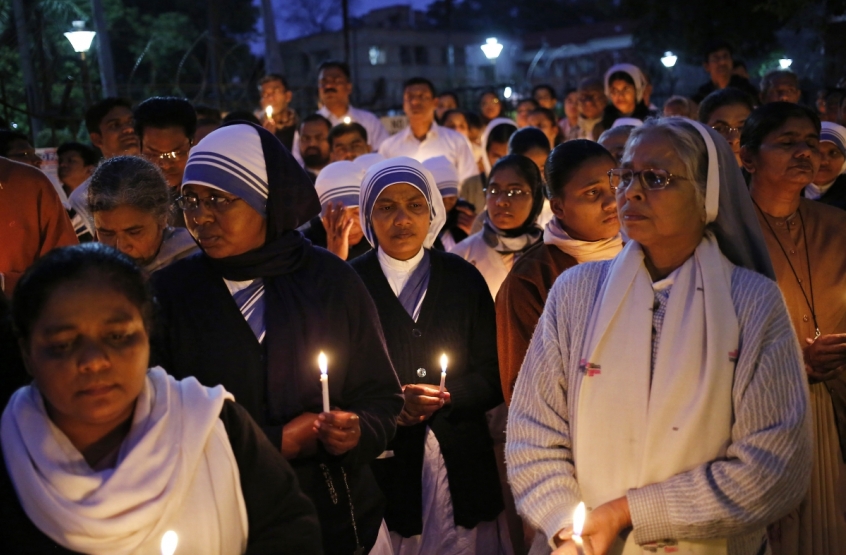
Christian Solidarity Worldwide, one of the UK's leading anti-persecution organisations, has been given long-awaited UN accreditation. The organisation, which is based in London and campaigns for the protection of Christians across the world, had been waiting for eight years to receive the accreditation.
Chief Executive Mervyn Thomas welcomed the decision by the United Nations (UN) Economic and Social Council. He said: 'This is a significant day for CSW. UN accreditation will enable us to advance our work of promoting the right to freedom of religion or belief across the UN system.'
The decision to grant CSW accreditation came on appeal, after an earlier application had been denied in February. That had followed eight years of deferrals.
AP reports that the British Ambassador to the UN was drafted in to fight the case. Mathew Rycroft said: 'There has been repeated discrimination against NGOs with a human rights focus in particular.' The United States delegation also praised the move, saying: 'This change will bring to light those countries that seek to block United Nations access for organizations that defend press freedom, that provide legal counsel for political prisoners, that document human rights abuses committed by their governments, and that call out discrimination of all kinds.'
Economic and Social Council is made up of representatives from 54 nations, 29 of which voted to approve CSW's accreditation, with nine voting against and 12 abstaining.
In recent years, CSW has focused on persecution of Christians in countries as diverse as Pakistan, China and Cuba. It works to raise awareness among UK churches of the plight of Christian who are persecuted for their faith. Advocacy work takes place in Westminster, but also in New York at the UN as well as alongside other groups working for religious freedom.
Mervyn Thomas added: 'While we are pleased with the outcome of today's vote, the questions raised regarding the NGO committee's tendency to repeatedly defer and deny the applications of human rights organisations need to be addressed.'
